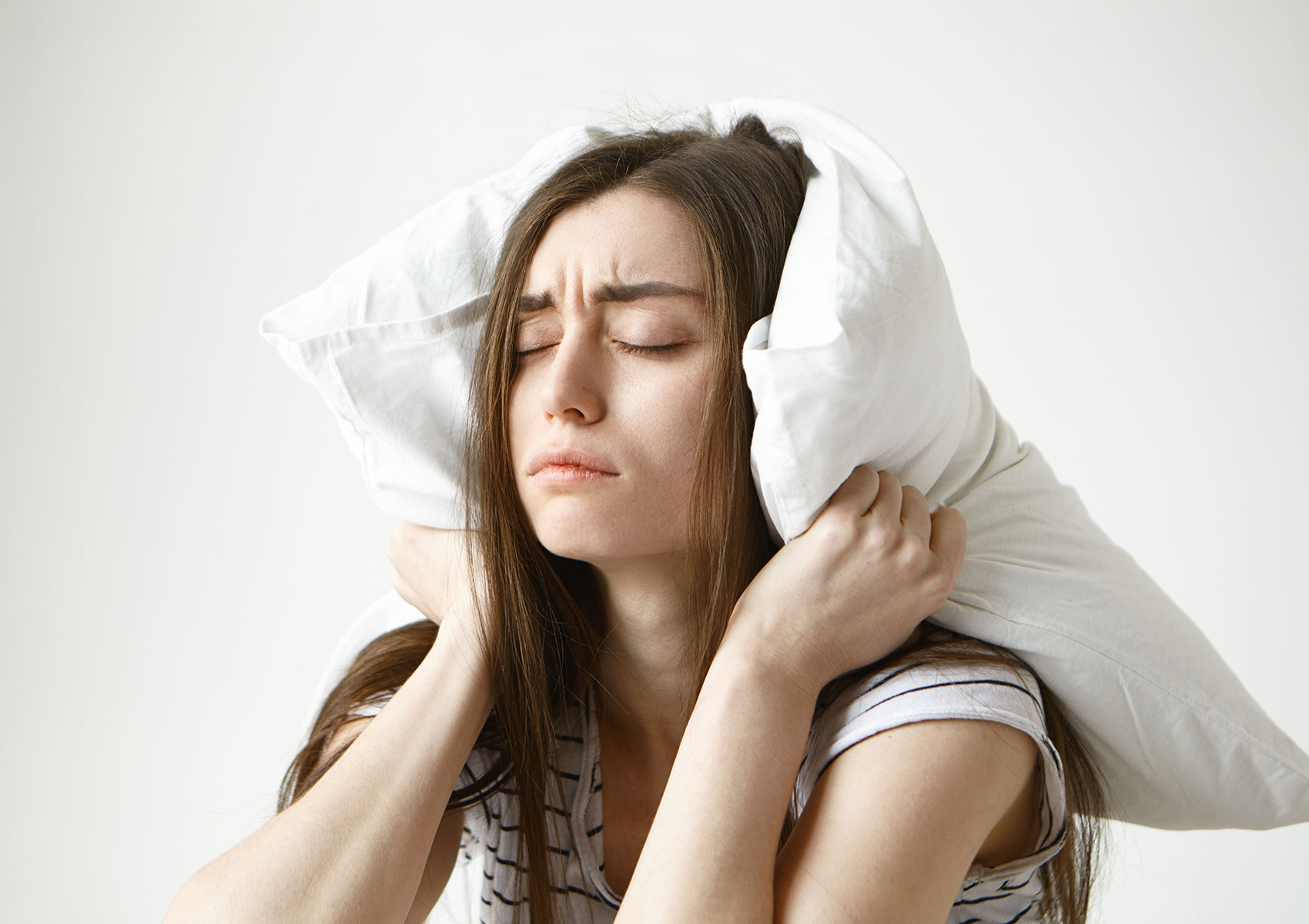The treatment is different from the start. It begins with a comprehensive assessment of factors affecting your sleep; so that any subsequent recommendations are specifically targeted to your difficulty. By the time insomnia is “chronic” or by the time patients are taking sleep medications nightly, sleep hygiene recommendations alone are not found to be effective. Instead, the assessment looks at how you behave, think and feel about your sleep difficulty. In addition to any sleep education you may receive, treatment recommendations are tailored to your specific behaviors and your ability to implement changes.
In addition, CBT-I incorporates aspects of treatment which focus on cognitions and how you feel. These interventions importantly also address sleep specific anxiety – common among individuals who have had sleep difficulties for an extended period of time, or sudden onset of sleep difficulties.
Finally, the behavioral specialist will likely also recommend modifications to your sleep schedule; this is highly tailored to each individual and a very effective addition to treatment.


